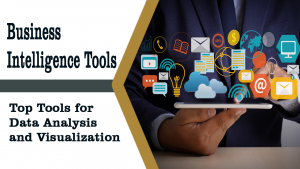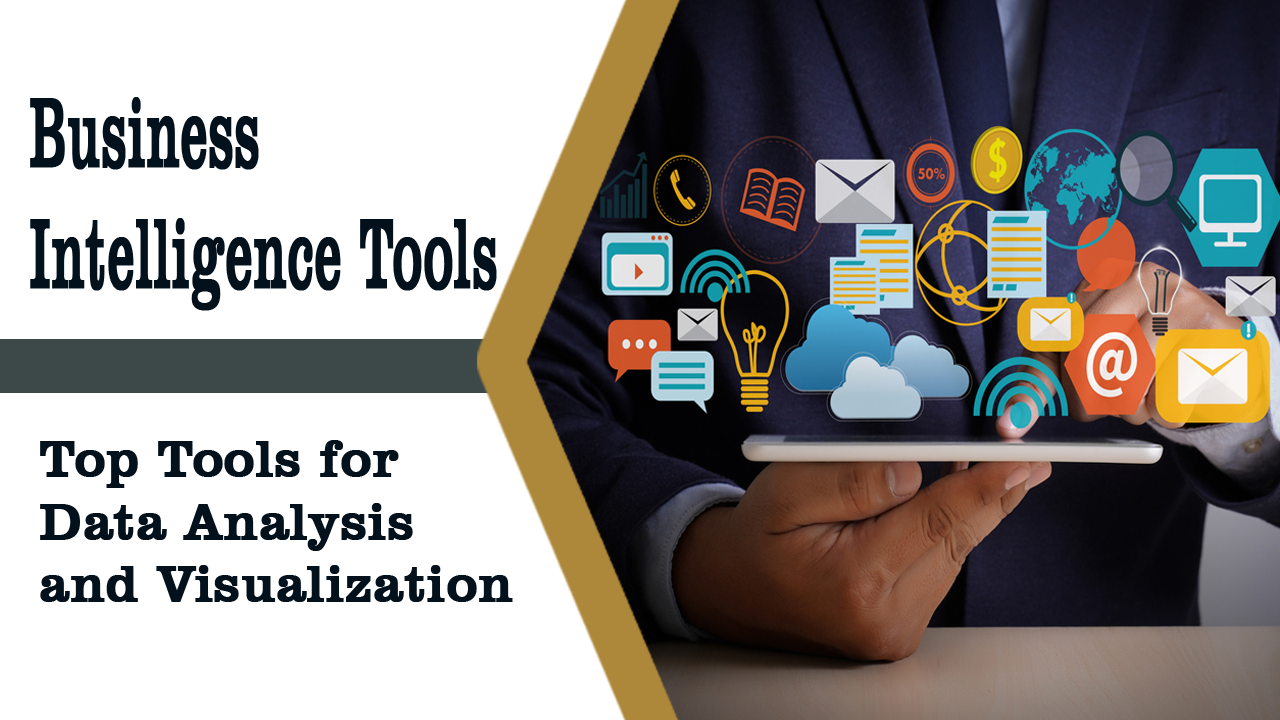Misuse of Data Can Lead to Discrimination and Privacy Violations
The Implications of Big Data in the Hands of Corporations and Governments
Big data has revolutionized the way we collect, process, and analyze information. With the ability to extract insights from vast amounts of data, businesses and governments have been able to make more informed decisions and predictions. However, as with any powerful tool, there are dangers associated with the use of big data. In this article, we will explore some of the potential dangers of big data and why we need to exercise caution when using it.

Misuse of Data Can Lead to Discrimination and Privacy Violations
The misuse of data can lead to discrimination and privacy violations because the algorithms used to analyze big data are only as unbiased as the data used to train them. If the data used to train these algorithms is biased in some way, the algorithms themselves will be biased as well. For example, if an algorithm is trained on data that disproportionately represents one demographic group over another, it may produce biased results that adversely affect the underrepresented group. This can lead to discriminatory outcomes, such as denying certain groups access to services or opportunities based on their race, gender, or other factors.
In addition, the use of big data can also lead to privacy violations. With the ability to collect vast amounts of data about individuals, there is a risk that this information could be misused or abused. For example, if a company collects personal data about an individual without their knowledge or consent, it can be used to manipulate or exploit them. Additionally, data breaches or leaks can result in sensitive personal information being exposed to unauthorized parties, which can have serious consequences for individuals’ privacy and security.
One of the most significant dangers of big data is the potential for misuse that can lead to discrimination and privacy violations. The algorithms used to analyze big data are only as unbiased as the data used to train them. If the data used to train these algorithms is biased in some way, the algorithms themselves will be biased as well. This can lead to discriminatory outcomes, such as denying certain groups access to services or opportunities based on their race, gender, or other factors.
In addition to discrimination, the use of big data can also lead to privacy violations. With the ability to collect vast amounts of data about individuals, there is a risk that this information could be misused or abused. This could include everything from identity theft to the use of personal information to manipulate individuals for political or financial gain.
To mitigate these risks, it is essential to ensure that data is collected and analyzed in an ethical and responsible manner. This means taking steps to ensure that the data used to train algorithms is representative of the entire population, and that data is collected and stored securely. Additionally, individuals should be given greater control over their data and how it is used.
The Implications of Big Data in the Hands of Corporations and Governments
Another potential danger of big data is the implications of its use in the hands of corporations and governments. With access to vast amounts of data about individuals, these entities have unprecedented power to influence our lives. For example, corporations can use data to target ads to specific individuals, while governments can use data to monitor the activities of their citizens.
The potential for abuse of this power is significant. For example, corporations could use their access to data to engage in price discrimination or manipulate individuals for their own gain. Similarly, governments could use data to suppress dissent or target individuals who pose a threat to their power.
To prevent these outcomes, it is essential to have strong regulations and oversight of how data is collected and used. This includes ensuring that corporations and governments are transparent about their use of data and that individuals have the right to opt-out of data collection and use.
In conclusion, while big data has the potential to revolutionize the way we collect and analyze information, it is not without its dangers. Misuse of data can lead to discrimination and privacy violations, while its use in the hands of corporations and governments can have significant implications for our lives. To mitigate these risks, it is essential to ensure that data is collected and analyzed in an ethical and responsible manner and that strong regulations and oversight are in place to prevent abuse. By doing so, we can harness the power of big data while minimizing its potential dangers
